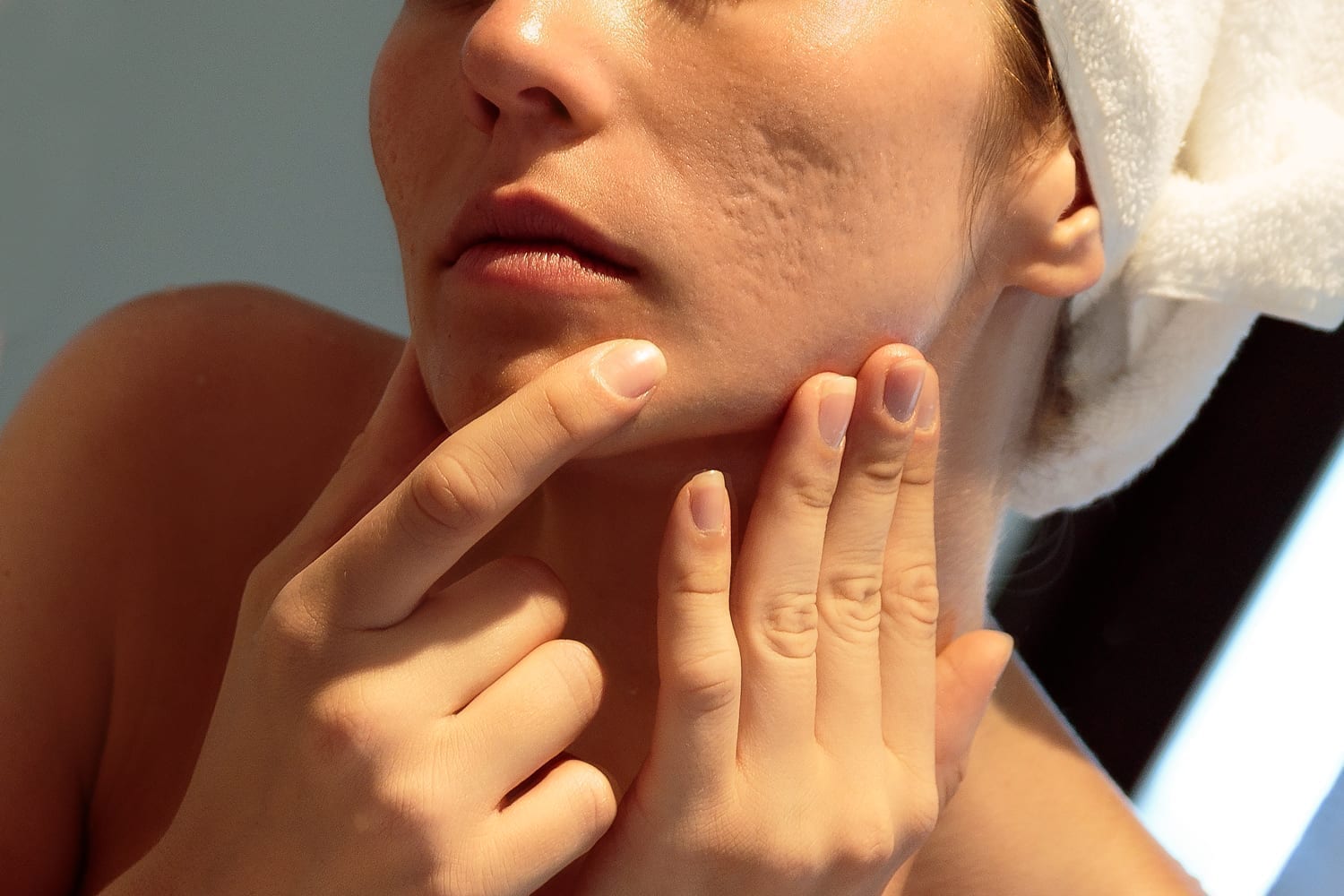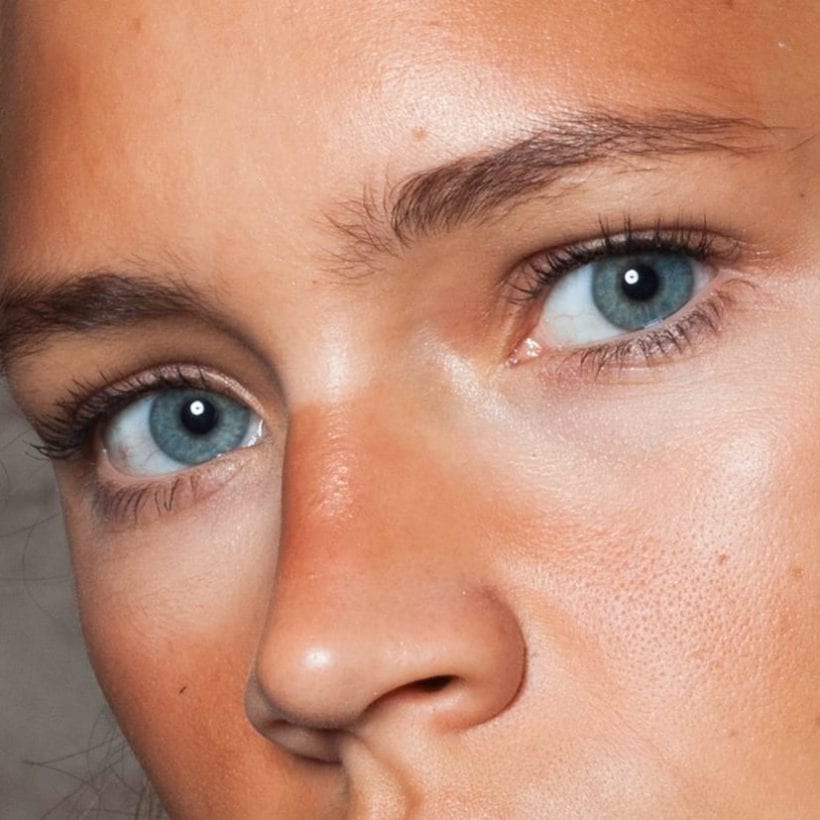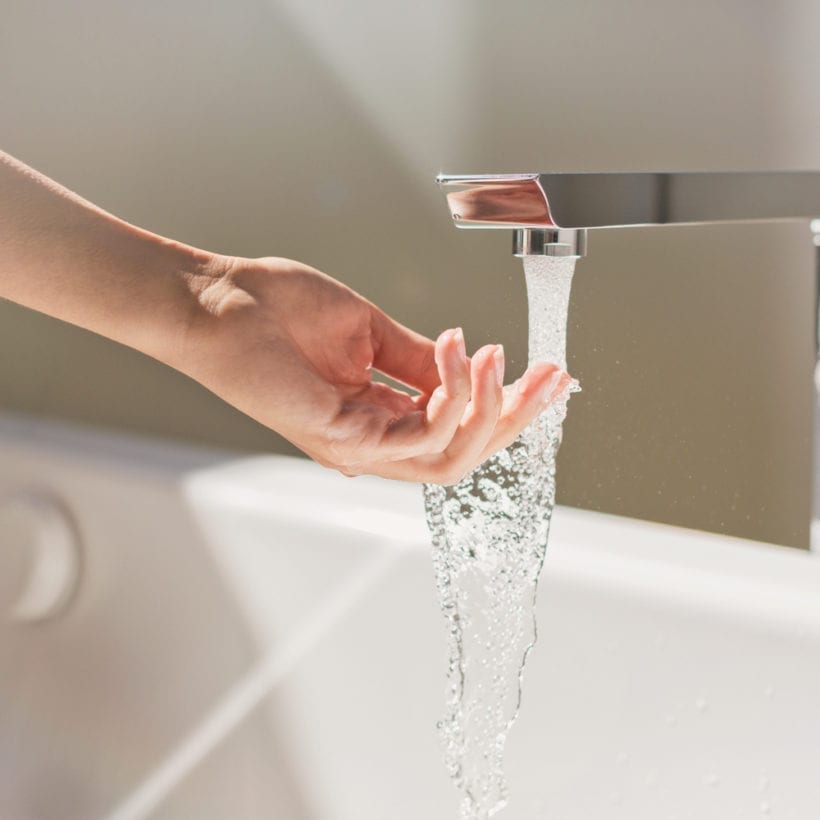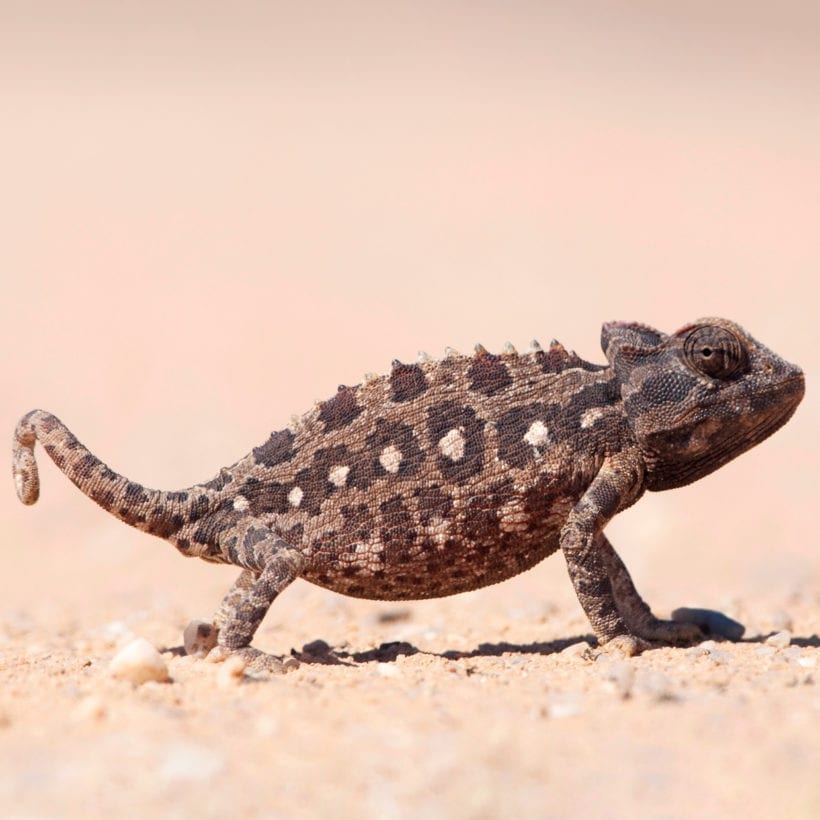I recently ruined a night out with my boyfriend.
We were away for the weekend in a beautiful beach town, enjoying a quiet Friday night. But as we sat down to dinner, a dark cloud was hanging over my head. Actually, to be precise, it was hanging over my chin. The cloud was acne, sudden and unexpected, smattered across the side of my jawline.
At dinner, I tried to stay present, but a nagging voice kept pulling me out of the moment. “Is he staring at the pimples? Does he think I’m ugly now?” By the time the check came, I was checking my reflection in a butter knife, trying to assess the damage. Needless to say, my boyfriend was a little confused about the direction our night had taken.
I know this sounds dramatic, but breakouts are a real trigger for me. I am not alone: Interest in the relationship between our emotions and our skin has led to the development of a field called psychodermatology, focusing on the link between our skin and psychology. Studies even show a connection between depression and acne — one I can attest to.
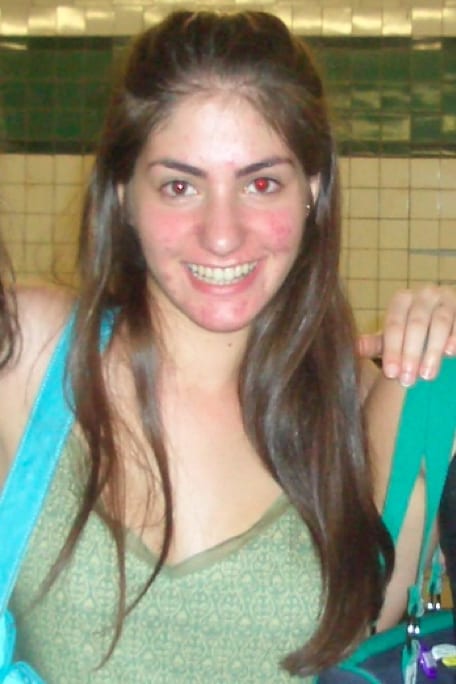
Because of the scars left by acne, my mood and self-esteem are deeply linked to the health of my skin. When I wake up with a pimple or two, my mood drops. I feel sensitive and scared, an embarrassing reaction I had to explain to my patient boyfriend after dinner that night. Those three red bumps had barely registered for him, but they had instantly become the center of my universe, triggering old feelings of fear and shame.
Pimples and I were first introduced when I was in middle school. Seemingly overnight, I went from focusing on my Beanie Babies collection to studying a new constellation of red bumps on my forehead. And at school, my social standing became predicated on things I couldn’t control. It did not matter that we all liked the same bands or had the same math teacher; now, the girls with clear skin and flat chests sat together in large groups in the cafeteria. They wore matching headbands, and their bubbly laughter floated across the cafeteria, landing on my sandwich with a thud. I swallowed tears, studying their skin and comparing it to my own.
Clear skin, I decided, was the key to friendship and belonging.
My insides were waging a war against my face, and my confidence and
self-esteem were two
of the casualties.
By the time I started high school, my mom’s Neutrogena concealer stick was no longer doing the trick. My breakouts had morphed into something angrier, and much harder to hide. Cystic acne now covered my cheeks and chin, and most mornings I cried as I got dressed for school. I felt ugly, unlovable and powerless over my pores. I tried everything: I started seeing a dermatologist and dutifully applied prescribed tubes of Differin gel and Tazorac before bed. I took antibiotics like doxycycline, ordered Proactiv kits, and religiously blotted my face with oil-absorbing sheets. Nothing helped; my insides were waging a war against my face, and my confidence and self-esteem were two of the casualties.
The summer before I turned 16, I met a girl named Jessica who offered me a piece of advice. Her sister had also struggled with cystic acne for years. Accutane, she said, was the only thing that worked; it had changed her skin and her life. I immediately begged my dermatologist to let me try a course of treatment. But Accutane is no joke, and the screening process is intensive. Because of the high risk of birth defects in babies whose mothers take isotretinoin (the pharmaceutical name for Accutane), I had to commit to monthly pregnancy tests and blood work, despite a lifelong fear of needles. But I would have committed to just about anything if it meant clear skin.
Accutane reduces the amount of oil you produce, so it causes extreme dryness. My hair, previously an oily zone that required daily washing, became so dry that I could now get away with washing it once or twice a week. My lips were so chapped that I started carrying Aquaphor around with me everywhere, slathering it on with reckless abandon. My skin also got worse for a while: redder, angrier and more densely populated with deep, cystic acne. This initial four to six week period on Accutane is commonly referred to as the purging stage, and it involves an influx of worsened acne as a result of increased inflammation in the skin.
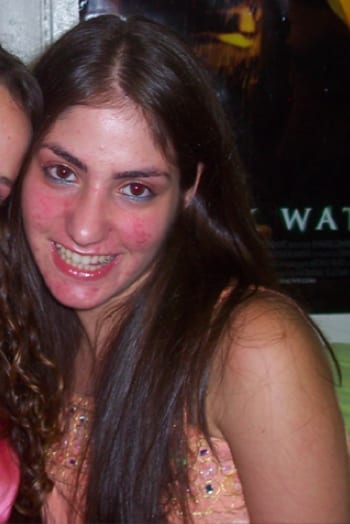
But by that November, something amazing happened: I started seeing a change. The redness quieted, the blemishes faded, and my skin cleared. The magic lasted: After 16 weeks of Accutane, the acne that had been plaguing me for the last five years was largely cured.
On the grand scale of emotional trauma, cystic acne is a minor one. But spending my formative adolescent years despising my own reflection took a toll on my sense of self-worth. In later years, I became obsessed with skincare products, spending money on creams and face wash as protective measures and getting regular facials I could not afford. I gave up dairy, chugged water and dieted obsessively. I waged new battles against myself in the hopes that my face would fall in line.
